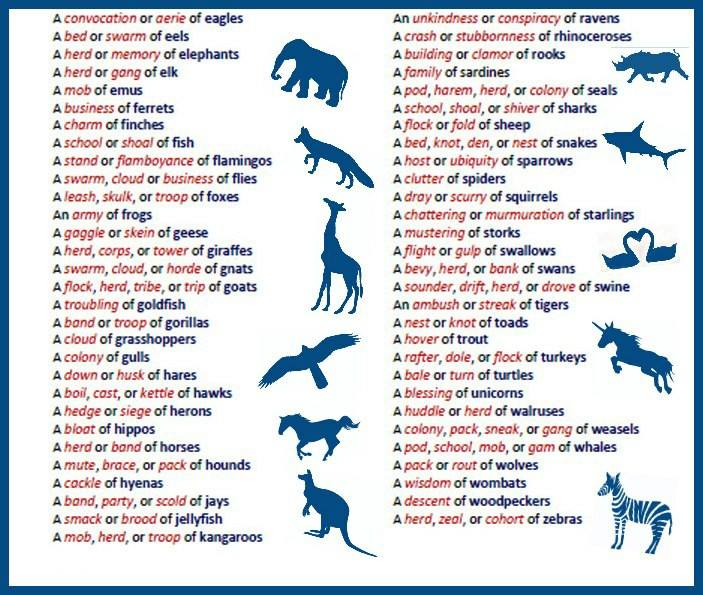

In each of these examples, an American writer might insert members after the collective noun. Collective nouns are singular words that refer to a group or collection of people, animals or things. American-English speakers, in particular, tend to to treat collective nouns as singular in most cases. These, however, might sound odd to some speakers of English. Collective Nouns Collective noun aprons (10) Collective noun jigsaw puzzles (1) card wallets (2) Clocks (17) Shopping Bags (3) Wooden Key Rings (49). When the meaning of the sentence requires that individuals within the group be differentiated, plural forms work better-for example, the team have various training regimens the staff are unable to agree among themselves my family live all over the country. One common error that arises from using collective nouns is subject-verb disagreement: Writers often become confused about whether to treat a collective noun as singular or plural.

But plural verbs, at least in these examples, would not be considered incorrect. A collective noun is a word or phrase that refers to a group of people or things as one entity. When the noun is treated collectively and the individuals within the group aren’t important to the meaning of the sentence, singular verb forms work well-for example, the team is in last place the staff is in the meeting room the family has moved out. But there are no clear rules, and in many cases either approach would work. The consensus among English grammar and usage authorities is that collective nouns sometimes take singular verb forms (e.g., the team is) and sometimes plural verb forms ( the team are).


 0 kommentar(er)
0 kommentar(er)
